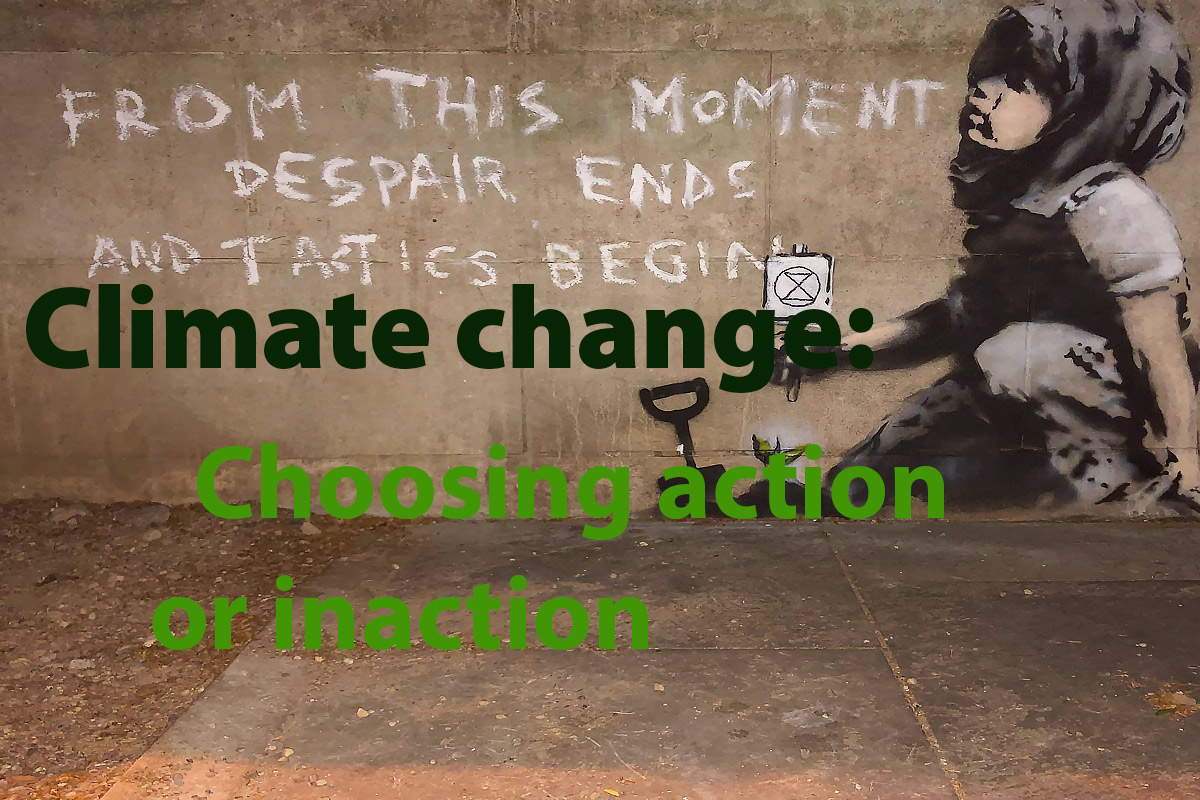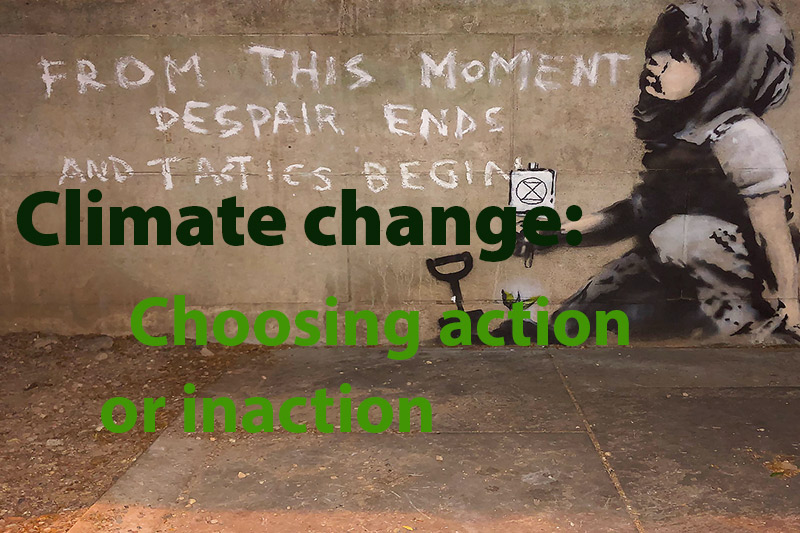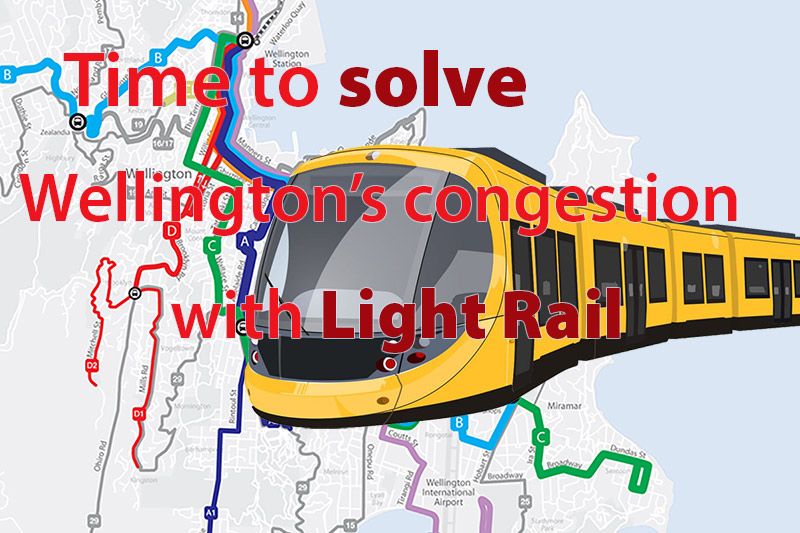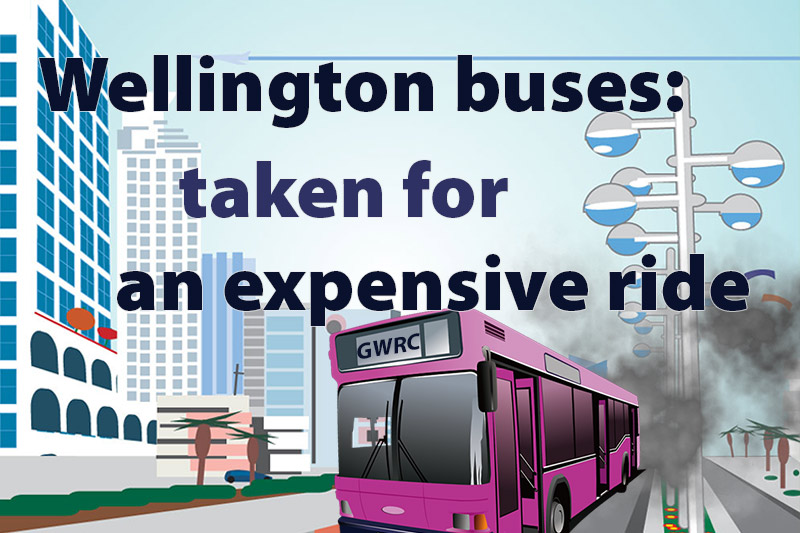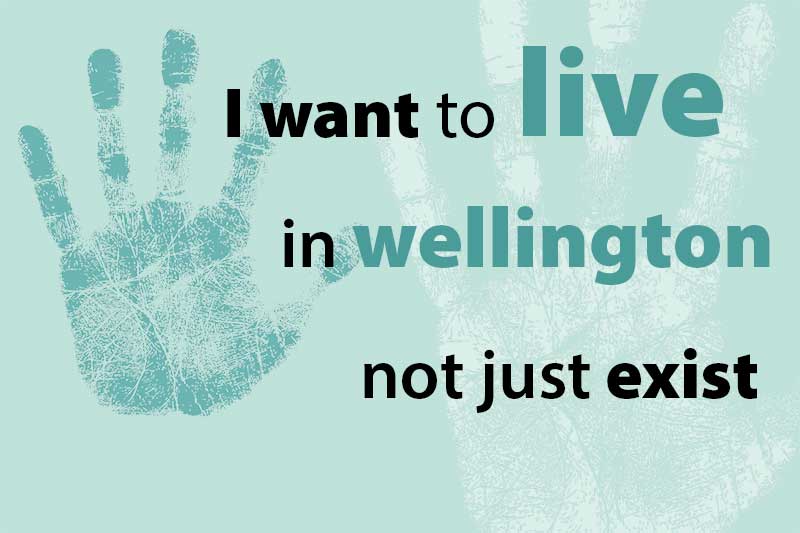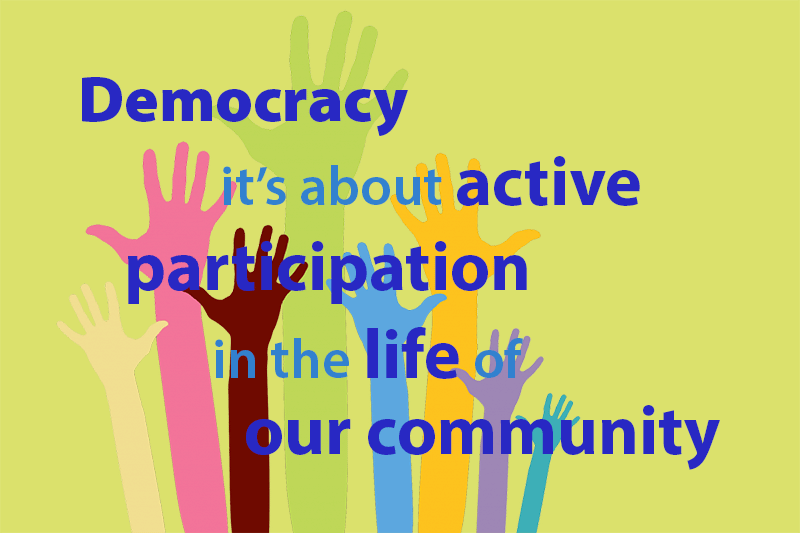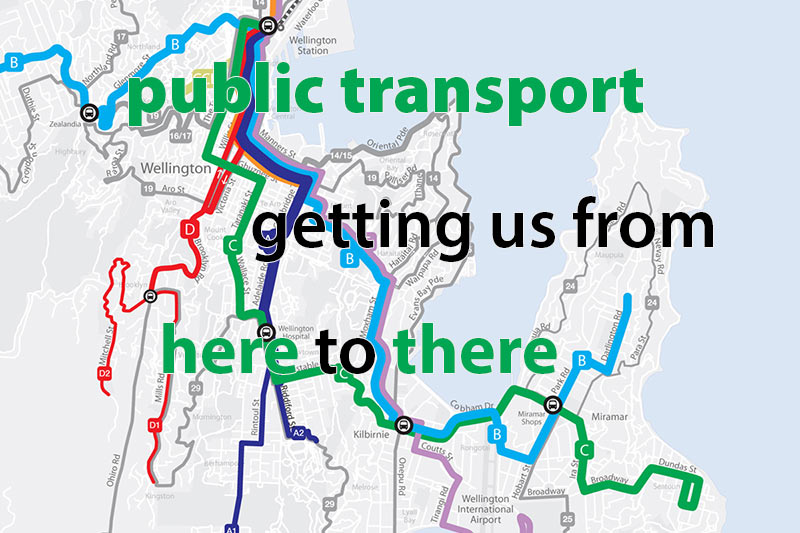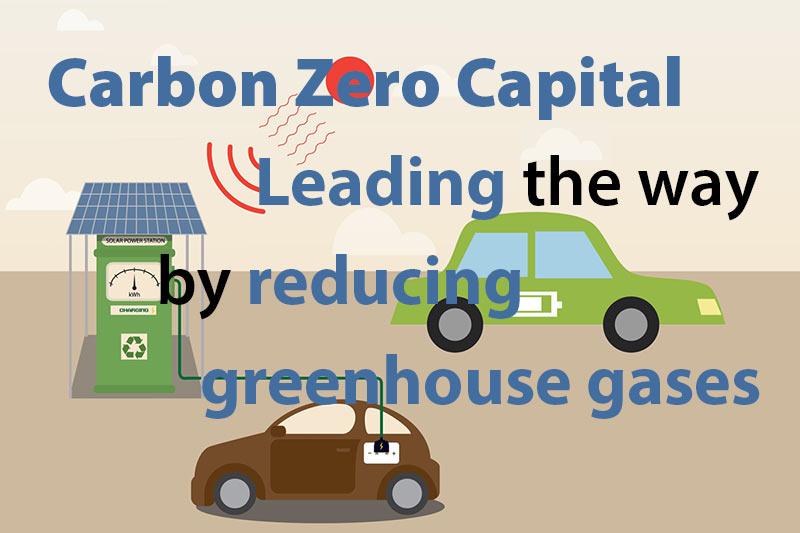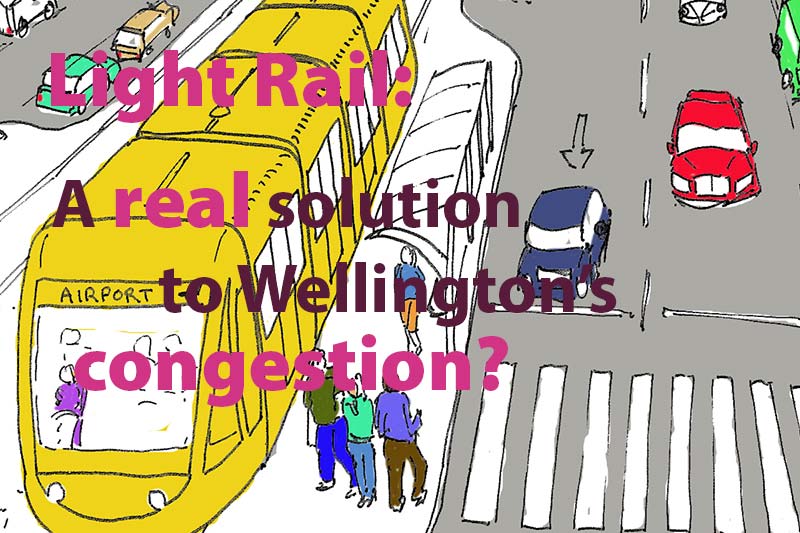A significant role of the Greater Wellington Regional Council is to protect, maintain and sustain our environment. This includes flood protection, land management, the provision of regional parks, public transport and water supply.
We are in unprecedented times of dramatic climate change. Climate change is not just about the increase in temperature, it is about storms, extreme weather, sea-level rise and drought. While there are still a few who deny climate change, most people accept it reluctantlty as an inevitable consequence of industrialisation and the unremitting reliance on fossil fuels to drive industry.
The challenge we face is the accelerating pace of climate change and the very narrow window we have just to maintain the temperature acceleration below 2 degrees Celcius.
The greatest challenge we face is the reluctance to pay to mitigate and reduce those activities that lead to climate change. Understandably, no one wants to pay extra in rates, we all think we pay enough.
Unfortunately, the only options available are to pay now or to pay more later. Opponents of climate change always point to the cost and the economic impact. However, the economic impact of not taking action are far greater.
Cost and economic impact of not taking action now:
- Health: The young and the old are the most vulnerable during extreme heat, unable to regulate their body temperature and cool down, they will die.
- Financial: The cost of insurance, or even the ability to get insurance will leave many people and businesses vulnerable.
- New pest and diseases: With a change in climate our country becomes a home to sub-tropical pests and diseases, such as Dengue Fever and Ross River Virus. However, the pests and diseases go well beyond those that affect human health, there will be a myriad of others that affect our water, forests, land and agriculture.
- Fisheries: There will be a decline in stock along with the acidification of the sea, making the oceans less viable at sustaining life.
- Sea level rise and coastal inundation: making many of our coastal dwellings and cities uninhabitable. This will also result in less habitable land.
- Rapid population changes: Rapid changes in domestic migration patterns as people shift from the coast to more inland places. This will also be compounded with a rapid increase in immigration from overseas by climate refugees. This may lead to greater social unrest.
- Agricultural yields: While there may be an increase in some yields through the planting of more sub-tropical, heat and drought tolerant plants, there will be a big decrease in yields in other crops. There will need to be a massive change in land use in order to feed our population on a decreasing amount of land and available water.
- Infrastructure: With sea level rise our port will no longer be able to function so as to send our exports to our markets. Our storm-water system will be well below the capacity needed to deal with storms and extreme weather.
- Power cuts: from an increasingly stretched power grid unable to keep up with demand for more energy from an increasing population.
- Rivers and lakes: With an increase in temperature there will be overall lower water levels and more toxic algal blooms.
- Extreme weather: With an increase in temperature the atmosphere will hold more moisture leading to increased and erratic weather and storms. This will lead to storm damage (slips and landslides) and flooding with an infrastructure unable to manage.
- Wildfires: Hotter temperatures and increased droughts will increase the possibility of wildfires in New Zealand. If these large wildfires occur in and around our built up areas (such as in our town belts) the chances are high for loss of life and property. This will also lead to a loss of habitat and species. Further, the aftermath of a wildfire may result in flooding and landslides during winter or extreme weather events bringing down all the ash and debris from the fire.
These are the things that may well happen if we fail to reduce our carbon footprint within the 2 degree Celcius deadline we have set ourselves in the Paris Climate Agreement.
There is always a 'but'
An objection to having to do anything about climate change in New Zealand is that our contribution to greenhouse gases and climate change hardly registers against those of much larger countries and industries. That is true, we are minnows internationally. The real nub of the matter is that we cannot be pointing our collective finger to those other countries and demand that they reduce their emissions if we don't likewise do the same.
If we are to claim any moral high-ground, then we must take the initiative and act without prompting. There are a number of advantages to taking a lead on reduction and mitigations of greenhouse gases. The first is we can rightly apply pressure on our trading partners to take action to actively reduce their carbon footprint. Secondly, by actively reducing our carbon emissions we may be seen as a more desirable trading partner by other countries who have implemented carbon-neutral policies.
The question is whether we will take action, or leave it for our children and children's children to pay the price because we failed in our moment of stewardship.
